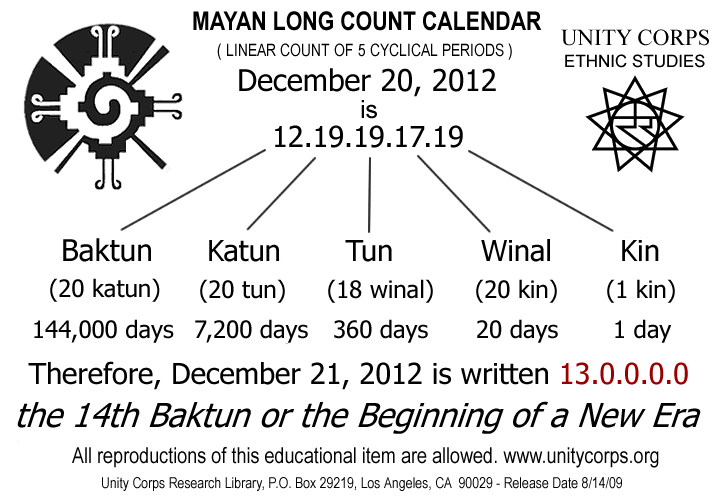Noam chomsky was talking about 1984, George Orwell's classic novel that depicted a fictional dystopian system in future (1984 was future when George Orwell wrote that Novel) where people are always wary of 'Big Brother watching' from everywhere. It was a story of clear good vs bad, us vs them that fits well with our simplified mental model where problem is always 'out there'. But if at all, speed of information flow has changed drastically from Orwell's time. Pervasive connectivity and information sharing of 21st century, among many other things, also are bringing many facets of our existence close to each other, [somewhat like a cubist painting] forcing us, sometimes, to look at the problems as extensions of our own being.
Consider, for example, the following cases:
- Krishnan is a young software programmer and is regarded by his friends as one with high analytical skill. Krishnan got very offended when he was prodded by one of his colleagues to try a non-vegetarian dish. "I am a brahmin!" He told his friend, in a tone of stern rebuke. His friend was surprised with the reaction for he thought food habit is one's personal choice and should not have anything to do with one's cast/community identity. However, Krishnan with his high analytical faculty could not see for himself that he is correlating two unrelated aspects of his life.
- Pavan, an NRI, came to India to marry his long-time girl-friend. Otherwise quite liberal minded, and an advocate of gender equality, he did not see anything wrong in his family's expectation that all expenses of marriage must be borne by his fiancee's family.
- Mrinalini is a retired college professor and is a mother of a son and a daughter. Although quite progressive in her views she is steadfast that her son should not be asked to enter kitchen nor he should be asked to serve his food by himself. Those jobs are either for her or for her daughter. She cannot see that this viewpoint of hers is starkly inconsistent to her otherwise progressive outlook.
- Many otherwise reasonable and educated people were shown in many news channel who wholeheartedly believed in and prepared themselves for doomsday prediction imminent on 21.12.12 although NASA and other scientists have been diligently explaining in various media that all predictions are unscientific and unsubstantiated.
- In the context of attitudes towards rape,an Open magazine article tells us that, "for victims above 12, their(victims') behaviour comes under scrutiny. There is always a suspicion that this girl must have done something that led to it. Since anyone below 16 isn’t old enough to give consent, the defence is always trying to prove the girl to be above 16. When it comes to victims in the 16 to 18 age group, “the court almost never believes it was rape”.
I guess I needn't tell that all names above are fictitious which only means that names do not bring any additional import to the situations they describe. The cases are not about the person as much as about the inconsistencies that they portray. When we look at those incidences together, the import and irony of Mr. Chomsky's comment are unmissable: We are pretty good at objectively analyzing an event when it is far removed from our own everyday behaviour and experience. But we are poorly equipped to see the inconsistencies, for what it is worth, in our personal viewpoints and therefore behaviours.
Many would argue that it is simply due to the fact that our belief-system is not amenable to rational analysis and our behaviours stem from long-held views and beliefs that became part of our identity as we grew up, quite unconscious of the very process. In other words, our behaviours, views and their inconsistencies are in essence, an expression of our self-inconsistent identities. An identity is self-inconsistent because certain aspect of the identity is inconsistent with some other aspect of it and different situations evoke different aspect of the identity and therefore if one were to find rational correlation among all the viewpoints, one is bound to fail miserably.
That brings forth two questions:
1. Is Identity a solid unchangeable entity?
2. How does the Identity form?
There are many scholarly article written by eminent psychologists that tell us that identity is quite malleable and plastic as opposed to what is commonly believed. Sometimes consciously but more often unconsciously we pick and drop elements of identity to adapt to our environment. For example, we pick up food habits, outdoor and indoor activities based on what majority stakeholders in our available social circles, like. One interesting observation that some of my friends made is relevant. It seems that many american-resident Indians adopt an US persona when they travel to India but act from the Indian persona when they are in US.
 |
| Self portrait by Salvador Dali |
That appears to be the best gift a parent can give to his/her child. Life for them would then be not a fearful and isolated sojourn of survival of selves but a ceaseless opportunity to learn about the wonders and elegant laws of nature, which we are intricately and inextricably part of, as a single undivided whole.


